Amid the Tiger Beer and George Town festival controversies, something important happened but flew under the radar.
When officiating the Konvensyen Memartabatkan Perundangan dan Kehakiman Syariah Malaysia (Convention to Ennoble the Syariah Courts and Law in Malaysia) in mid-July, Prime Minister Anwar Ibrahim said, “Insya-Allah Ogos ini, kita bentangkan (RUU355)” (God willing, we will table it this August).
Of course, he caveats the statement with many qualifiers: there must be sufficient consultation with all stakeholders, approval from the Conference of Rulers, and a comprehensive review.
Is this just talk? No, it has been building up.
In May 2023 and February 2024, Minister in the Prime Minister’s Department (Religious Affairs) Mohd Na’im Mokhtar twice mentioned that the Anwar administration intends to table amendments to the Syariah Courts (Criminal Jurisdiction) Act, better known as RUU355, to empower the syariah judicial system.
We do not know the contents of this iteration of RUU355 but this much we know from the previous motion by PAS president Abdul Hadi Awang tabled as a private member’s bill: Islamic courts will be empowered to enforce any punishment, except for the death penalty, provided in syariah law for Islamic offences listed under state jurisdiction in the Federal Constitution.
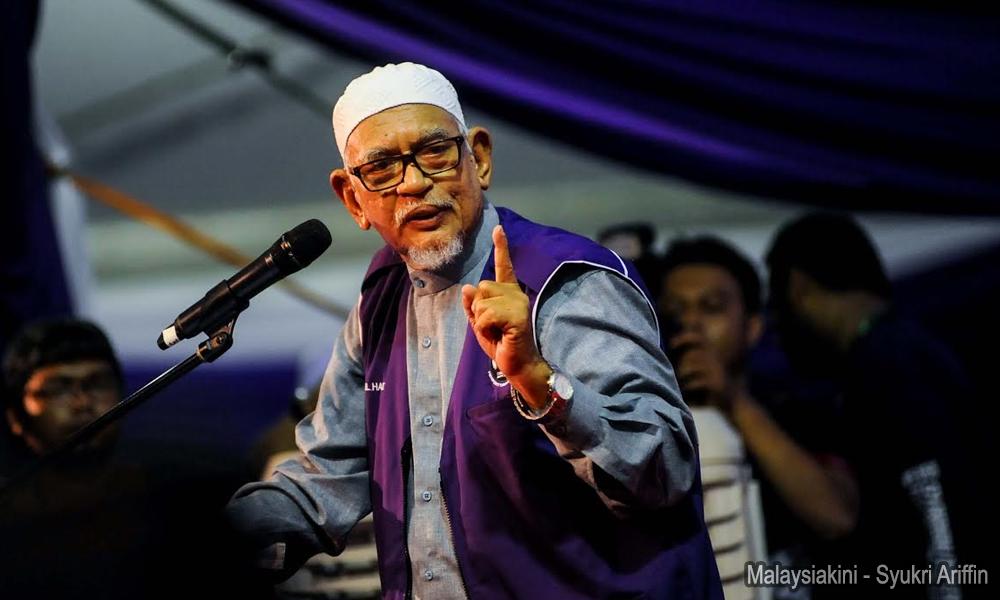
The Islamist party’s version seeks to drastically expand the Syariah Court’s ability to mete out harsher punishments for syariah offences, raising the Syariah Courts’ maximum sentencing limits to 30 years in jail, RM100,000 fine, and 100 strokes of the cane.
For context, Syariah Court punishments are currently limited to jail terms not exceeding three years, not more than six strokes of the cane, or fines of not more than RM5,000.
Therefore, this is a significant expansion of power, a detriment to civil liberties with even harsher penalties for “moral crimes”, and crucially, a reinterpretation of the constitutional relationship between civil laws - which are supposed to regulate criminal acts for all Malaysians - and syariah laws.
Chasing the moon
Let’s not get into the RUU355 debate now but survey the broader political landscape. This RUU355 move encapsulates two strategic calculations by Anwar and his coalition government:
i) the pandering to conservative votes
ii) the courting of PAS as a potential partner in the coalition government or a 16th general election electoral pact.
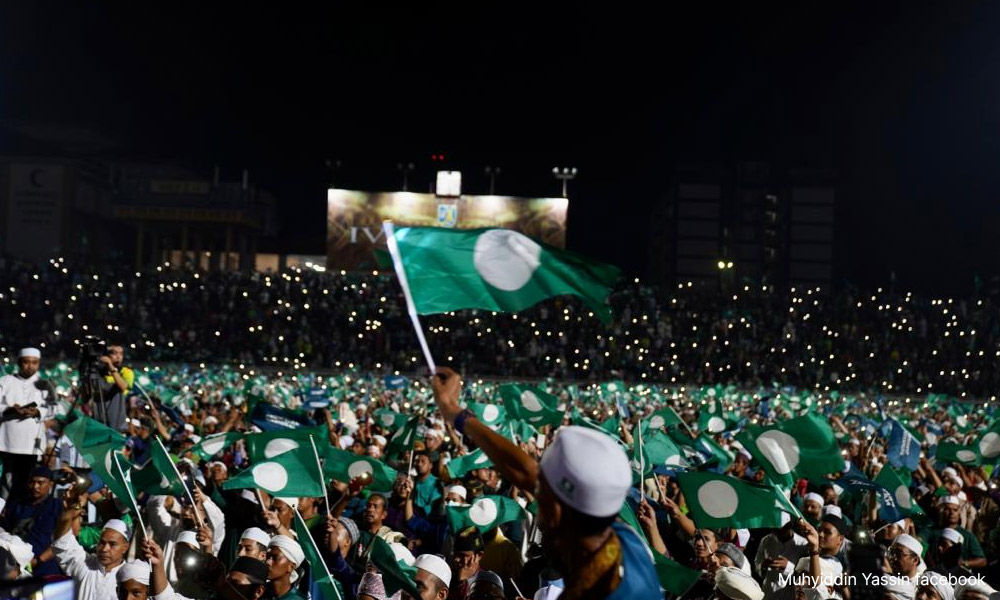
Let’s address the latter first. There were talks fuelled by some members of the cabinet themselves that PAS was speaking to the coalition government.
Politically, this seems like a clever move by the government to shore up its Malay support and kill off Bersatu. The offer of RUU355 will sweeten the deal for PAS. So what’s the problem?
The problem is not thinking about what happens next. The biggest loser is Amanah, made up of members who were essentially ousted from PAS for opposing Hadi’s vision of a harsh Islamic state with hudud and all.
If PAS were to join the federal government or at least form an electoral pact with Pakatan Harapan, who is going to give up their seats for PAS? Entering into a pact with PAS effectively means Anwar abandoning Amanah.
Ironically, the one person who has been outspoken against a pact with PAS is Umno president Ahmad Zahid Hamidi, who said the previous Umno-PAS pact of Muafakat Nasional ended in “betrayal”. Of course, Zahid and Umno are also thinking about seat shares.
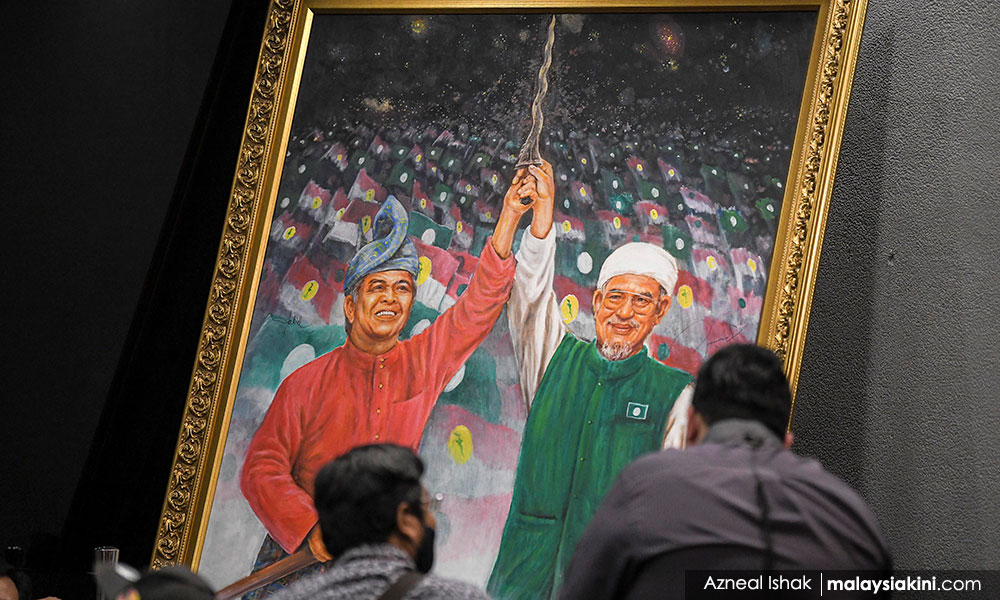
Malay parties compete in the same seats or constituencies. Electorally speaking, it is easier for DAP and PAS to work together, with minimal clashing of seats, than for Umno, PAS, PKR, and Amanah to work together.
Anwar’s political acumen is not to be underestimated, but has he given much thought to PKR’s long-term future lately? The multiethnic party thrives on its ability to court progressive Malays and non-Malays, with a sizable base in urban and semi-urban constituencies.
By ditching the reform agenda and pandering to the right, what is becoming of PKR? Can PKR still be competitive, and where? Shifting society to the ideological right, combined with the rationalisation of diesel and possibly petrol subsidies down the road, creates a perfect storm for the electorate to shift to the extreme.
If nothing changes from now on, the next election may be brutal for Harapan and PKR specifically.
Also of concern is the annihilation of democracy, though few politicians care much about it anymore.
When the federal government was formed with the required support of Sarawak parties, GPS told the state opposition parties, chiefly DAP, and to a lesser extent PKR, to back off.
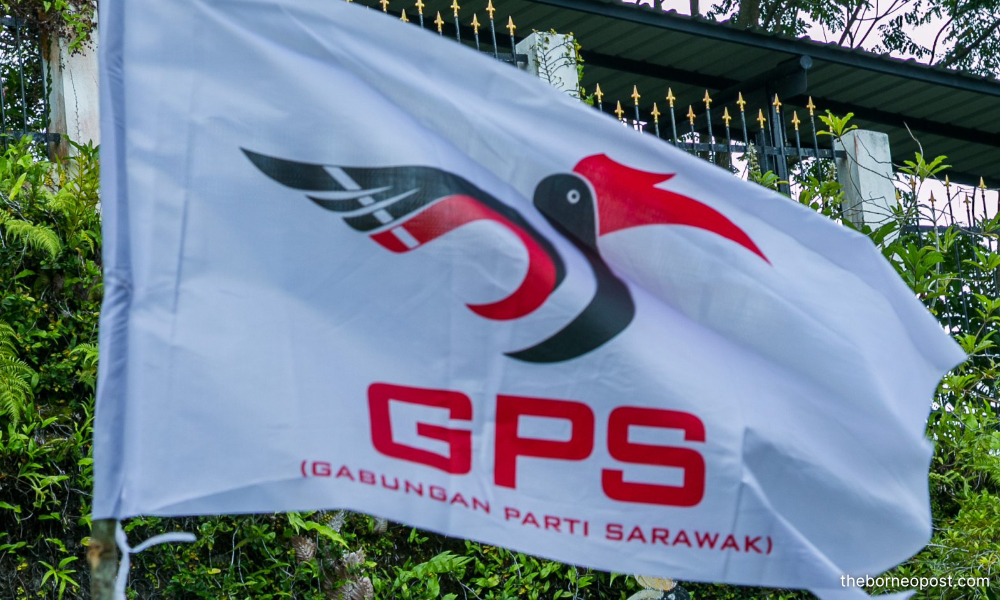
Just this week, a state minister warned them against contesting in the upcoming Sarawak state election and disrupting unity, or else they may retaliate at the federal level.
The result is a bleak prospect for Sarawak’s democracy: very little opposition at the local level and the growing irrelevance of the Sarawak chapters of PKR and DAP.
Pandering to the right
The larger trend is the Madani government courting conservative votes.
There have been too many pandering examples and I have come to believe that some things are obvious to the eye and it is a waste of breath to explain to those who refuse to see or budge an inch after given an explanation.
This pandering is perhaps a result of the so-called “Green Wave”. Some political operatives in PKR, Harapan, and the federal government are assuming that the electorate is becoming more conservative, and their current multiethnic, progressive, urban, and semi-urban vote bank is saturated.
Thus, according to this assumption, the only way to grow their vote bank is to court votes on the right.
This is taking the wrong lesson from the “Green Wave”. A survey conducted by Japanese researcher Hidekuni Waseda demonstrated that many voters opted for PAS-Bersatu not for ideological reasons, but as a vote against corruption.
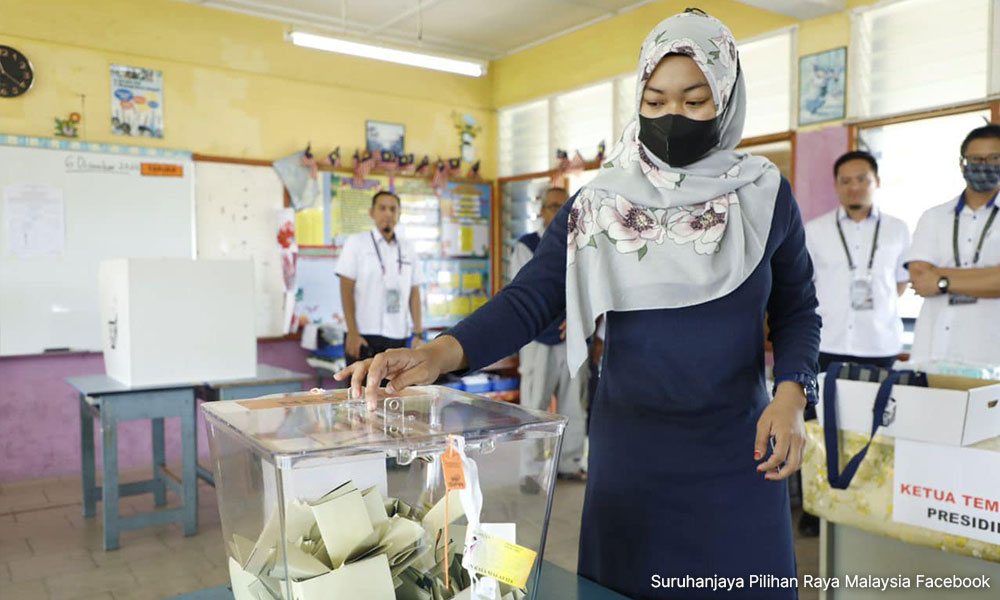
These voters pulled away from Umno-BN due to associating them with corruption, and they were left with either Harapan or Perikatan Nasional.
PN presented the “path of least resistance” to many Malay voters. If Harapan ditches its progressive reform agenda, which is its primary product differentiation, and continues to associate with an Umno that has yet to be reformed, it risks losing its comparative advantage and further makes it more likely for these voters to choose PN.
Do PKR and Harapan operatives really believe they can win more votes by becoming more conservative when these voters have the option to vote for the original conservative brand?
PKR Youth’s religious bureau issued a statement to laud RUU355’s impending tabling by the federal government, clearly testing the waters and the public’s reaction.
It is unclear if this is the collective position of the PKR Youth wing, whose current leadership ran on the platform of a multi-ethnic and progressive front.
Taking the base for granted
Many PKR MPs won seats thanks to broad support from a diverse mix of voters, and some operatives now want to throw that away and pivot to people who did not, and probably will not, vote for them anyway.
That PKR grew from a one-seat party to a party with over 30 parliamentary seats was not an easy feat. This “saturation” of support that PKR and Harapan enjoy did not come easily.
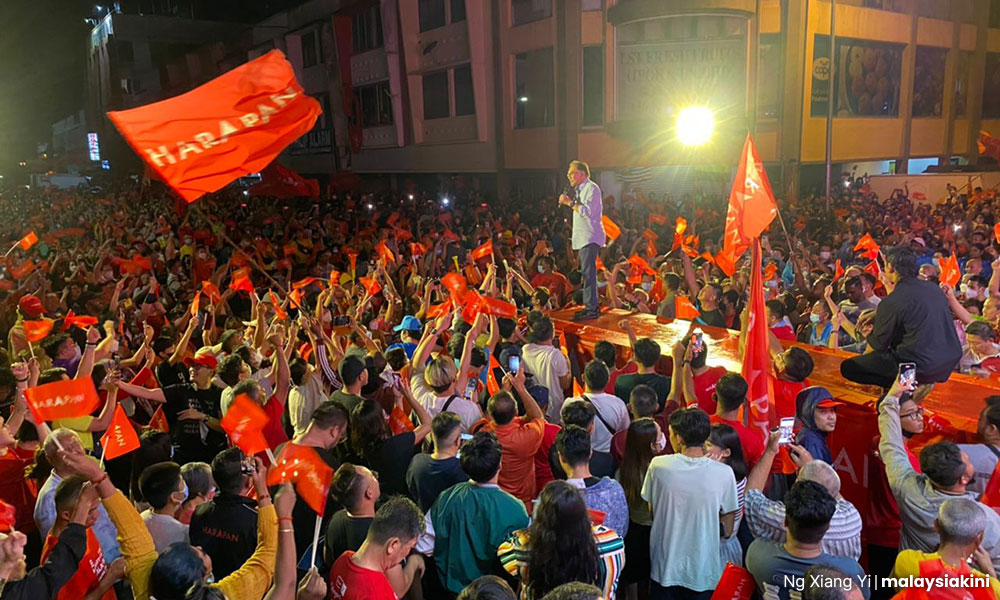
So much work was done to win this vote bank and now they are treating this base as a fixed deposit. “Maximum dah, court the other side pula” (We’ve reached a point of saturation, time to court the other side).
This complacent belief is politically disastrous, as the Malay proverb goes, “Yang dikejar tak dapat, yang dikendong berciciran” (Better to hold onto what you have than risk losing it pursuing something better).
The “fixed deposit” does not need to vote PN to turn away from Harapan. They just grow disappointed and stay home, as they did in the Sungai Bakap by-election.
Tellingly, the voter turnout was the lowest among Chinese voters there, a major vote bank in the so-called fixed deposit for DAP-Harapan.
What is happening now is a bit like a marriage. Some Harapan operatives assume their “fixed deposit” has nowhere to go, so they are taking their partner/base for granted while fooling around with other people.
When they return to an empty home one day, they act as if they never saw it coming.
Reformasi will come a full circle if Anwar is not careful. When Reformasi started in the late 1990s, it had significant Malay support but failed to achieve electoral success due to a lack of support from the non-Malays, particularly the Chinese who were warned by Dr Mahathir Mohamad about the ethnic riots happening in Jakarta back then.
In the 2000s, Anwar and PKR took strategic shifts to court non-Malay support, including by bravely taking a stand on the Lina Joy issue and calling for the New Economic Policy (NEP) to be abolished.
Now, Anwar has returned to Umno’s headquarters at the World Trade Centre, and perhaps so has the Reformasi movement, coming home to a place they would not have left if not for The Split.
Reformasi is now complacent to its base, pandering to conservative sensitivities, and courting love from the right that will never be reciprocated. - Mkini
OOI KOK HIN is a political sociologist who dabbles in civil society. He is Bersih’s executive director.
The views expressed here are those of the author/contributor and do not necessarily represent the views of MMKtT.




No comments:
Post a Comment
Note: Only a member of this blog may post a comment.